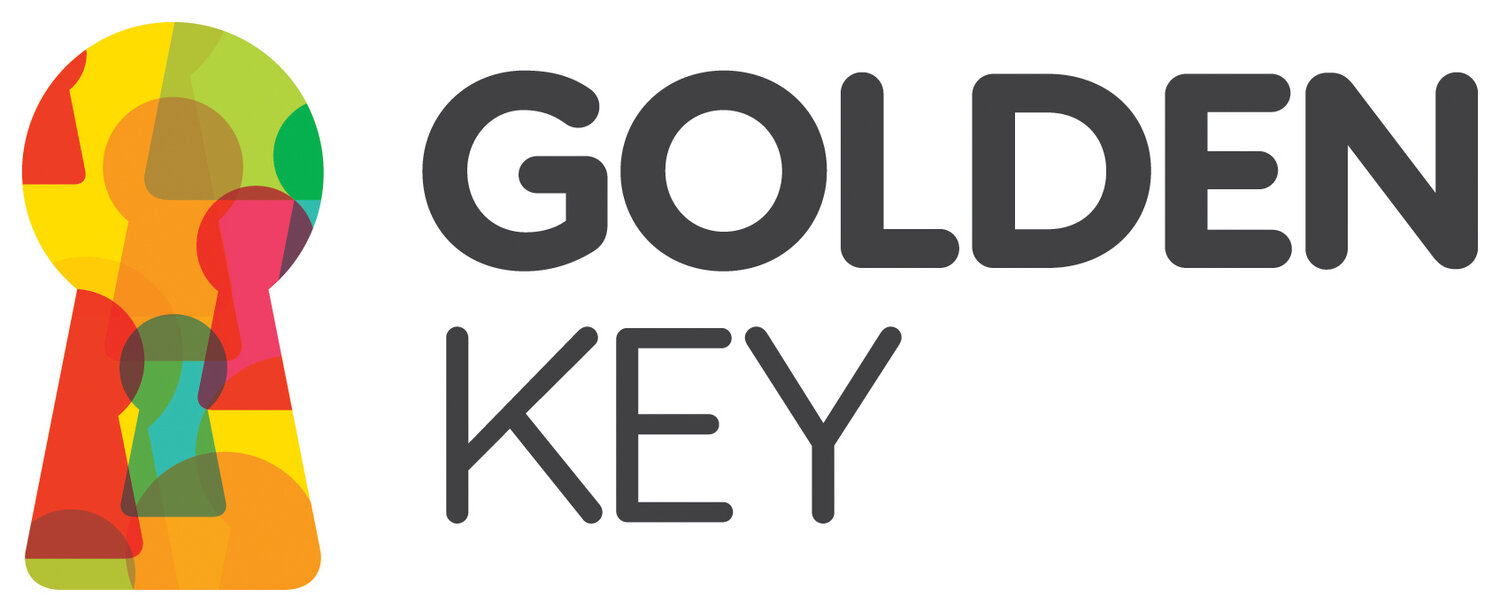System Pressures
Golden Key have gathered a range of feedback from ED&I-based partnership workshops and have observed patterns of pressures and behaviours. The table below outlines these issues, and the tools which we have found to be useful in responding to them.
-
If you're feeling uncertain and fearful...
It might be helpful to…
Seek out a mentor or begin discussions with others who are ED&I leaders in your eyes. ·
Build equalities related self-reflection into your routine to support you to name and better understand the drivers of your fear and uncertainty.
Pay attention to what isn’t being said around you (in meetings, emails, policies, presentations) and to the conversations that are being avoided. Consider the impact of this on yourself, and those around you.
-
If you're feeling guilt...
It might be helpful to…
Explore the power and privilege you hold with the aim to understand and accept your role in maintaining today’s systems of oppression. When we understand where our guilt and shame stems from, we are better able to sit with these feelings, working within them not against them to take action.
-
If you're feeling uncomfortable...
It might be helpful to…
Practice eventually makes perfect, but in the immediate sense practice helps normalize those uncomfortable conversations.
Start small and think about what’s actionable today.
Explore your ‘ED&I Why’. This is important because when we advocate for change without knowing our why, we are more likely to avoid dis-comfortable and lose momentum.
-
If you're feeling overwhelmed by complexity...
It might be helpful to…
Engage in conversations with a trusted partner or start exploring a network of trusted partners around ED&I.
Focus on sharing problems/concerns to share solutions. Rather than identifying problems in a way that places responsibility for fixing them either on you alone or elsewhere, instead accept responsibility for your role in the solution and seek to work with others to create shared solutions.
Try applying Golden Key’s Three Pillars tool to your own work/context as a way to take positive action and find your way through complexity.
Try using an action experiment approach. This type of approach places value in being curious; being clear about what you want to be different; holding things lightly; and taking action without striving for the solution or answer. More on action experimenting can be found in the Golden Key Practical Guide to System Change.
-
If you're feeling frustration, annoyance and exacerbation...
It might be helpful to…
Take time to reflect on why, and explore the root cause of these feelings, until you are confident about their drivers. You may find that these feelings stem from a resistance to change and/or change fatigue, or the slowness of system change itself.
If that’s the case, ask yourself if these feelings of resistance are driven by a ‘can’t change’ mind-set borne out of a lack of change knowhow, a ‘won’t change’ mind-set borne out of fear. The former might be addressed with some additional training, while the latter may point to a broader issue with organizational culture.
Ensure you have a support system in place. Engaging in this work can be re-traumatizing or re-triggering. Self-care is essential.
-
If you're feeling uninformed...
It might be helpful to…
Open a dialogue that allows you to clarify, question and become better informed. As an example, this could be achieved by putting yourself in spaces where you don’t have first-hand knowledge or experience within that arena. This can help you to gain exposure to other’s lived experiences without needing to ask direct questions that may be construed as sensitive or insensitive depending on how well/poorly the question is framed. It is important that we all take responsibility for your own learning!
Commit to reading some of the excellent materials available on ED&I.
Attend ED&I webinars or conferences.
Curate your social media (Instagram, TikTok, Facebook) to follow a range of credible ED&I leaders.
Try something you’ve never tried before. Anything which expands your knowledge will contribute to your ability to take the next step.
-
If you're feeling triggers, re-traumatized and exhausted...
Description goes here
It’s important to note that whatever pressures are blocking an individual from being an ED&I leader, the cause of these pressures never lies with just the individual; it is always the product of wider factors affecting them. If we accept this as a starting point then we can see that equality, diversity and inclusion is always possible if we tackle those barriers that are preventing it.
Addressing ED&I challenges are, by their nature, complex. From time to time, we all have difficulty remaining as positive, and motivated in our approach as we should be. However, giving into the pressures we experience can be as much of a barrier to positive change as the oppressive policies, processes, and systemic structures that we are seeking to improve.
Instead, if we can let go of thinking that we have to overcome these pressures to be an ED&I leader, we can start to become comfortable with being uncomfortable. When this happens, we are more prepared to take risks and step into the unknown – something that ED&I leaders need to be able to do.
The pressures listed above are not exhaustive, and our individual experiences with ED&I will vary depending on personal history, context, and internal and external environmental factors. Instead, this table offers a summary of some of our learning to date in the hope that it will encourage further discussion and reflection. We believe that talking about ED&I is an important step towards achieving it. As such, we hope that this table is the start of a conversation.



